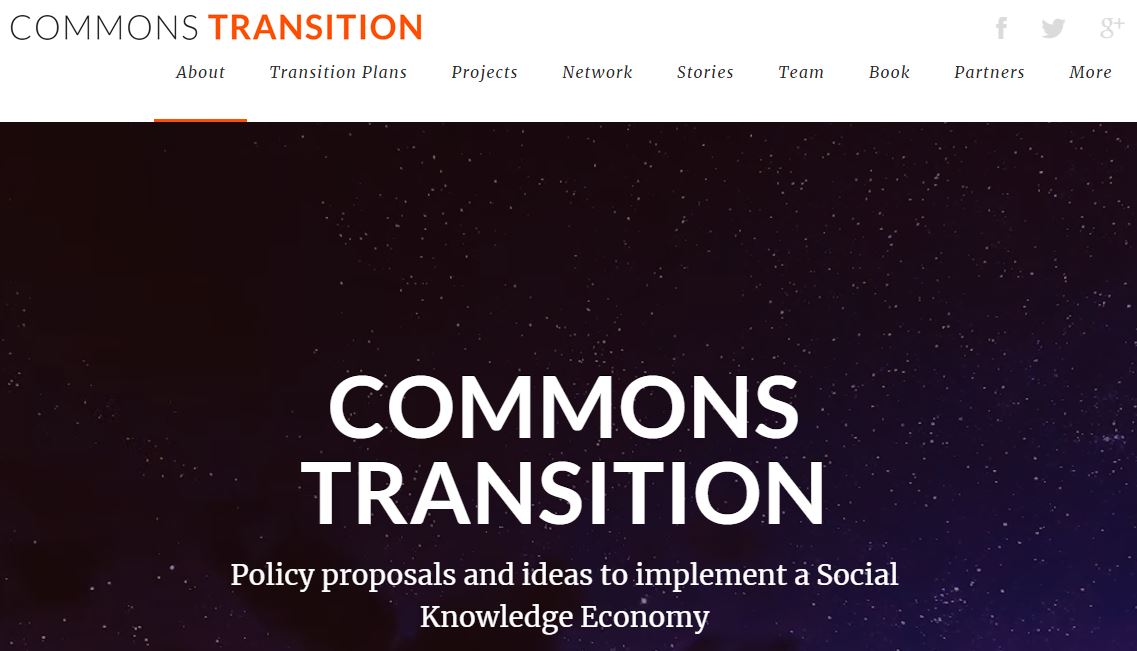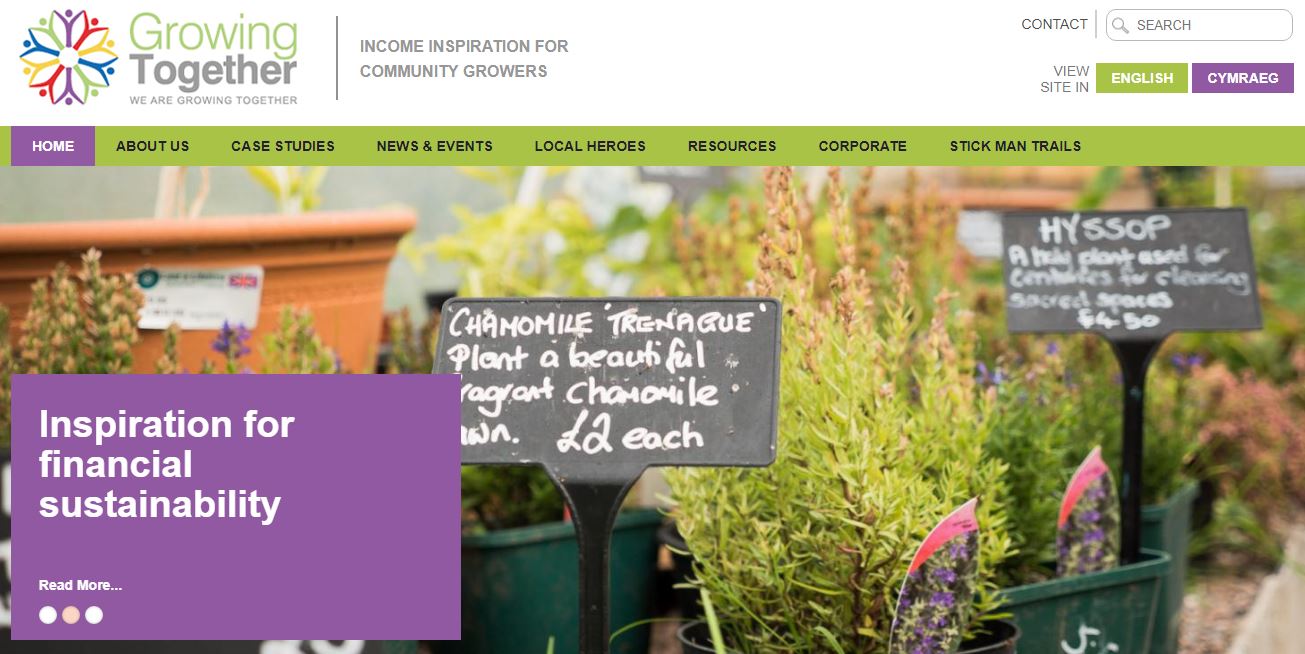In the second of a two-part interview, Next System Project Co-Chair Gar Alperovitz talks about ‘what comes next’ after our current corporate capitalist system: the Pluralist Commonwealth. Be sure to listen to the first episode, in which Gar discusses his trajectory as a system changer and how he views the present political and economic environment.
Adam Simpson: You’re listening to the Next System Podcast. I’m Adam Simpson and today we have the second part of our interview with Gar Alperovitz, this time getting his own perspective on what the next system should look like.
Gar, welcome back to the Next System podcast.
Gar Alperovitz: Thanks. Glad to be here.
Adam Simpson: Absolutely. In our last podcast, we talked about your story and how it relates to politics today. In this episode, we’re going to focus on your perspective on the next system, and particularly the pluralist commonwealth. Before we get there, I wanted to ask about something obviously very near and dear to my heart because I work at the Democracy Collaborative in the Next System Project: as one of the founders of the Democracy Collaborative in 2000, what was your objective in founding this organization?
Gar Alperovitz: Well, I have to give you a longer story than you probably expect. From my perspective, the Democracy Collaborative was changing the name of an organization that existed from the early 1970s—this was the Exploratory Project for Economic Alternatives which Jeff Faux [who would go on to found the Economic Policy Institute] and I set up in 1973. And if you read the mandate, it was to look at work around companies, look at public ownership, changing the system, all the questions we’re now looking at. That then became the National Center for Economic Alternatives: when the Carter Administration came in, we got some public money. And because of the big Youngstown fight where I was involved in helping set up a big worker community-owned company in the steel industry, we didn’t want to mix nonprofit money and political money with public money so we had two organizations, the National Center for Economic Alternatives and the Exploratory Project for Economic Alternatives.
The questions were always the same. We had André Gorz brought into the United States in the late ’60s or early ’70s. The question of non-reformist reforms was always present.
But what the hell do you want if you don’t like corporate capitalism and you don’t like state socialism? That was always the question. And community ownership was in the 1960s. The community development corporations of that era were very interesting. We wanted New Communities Inc., in New Jersey. 600 people, community-owned wealth, and community-owned project. Very similar ideas. That was going on the ’60s and the ’70s and I was involved in that in Senate. So those ideas were at least in the air in those days.
I think Ted [Howard, current President of The Democracy Collaborative] came to work for the National Center for Economic Alternatives in the late ’90s. He came to me and wanted to do some of this stuff. What happened was the University of Maryland got interested in the work and recruited me to become a professor and to bring the National Center into the University of Maryland and create what we then called The Democracy Collaborative.
The name came from Benjamin Barber, who was a well-known political theorist who we recruited to be part of it—he coined the term. His book on local democracy is a wonderful book. But that’s how it got that way. And then Ted and I moved whatever was outside into the University of Maryland. It then went through many iterations and, essentially, when I left the university, it almost died and then Ted took the lead and created the next stage of it, doing a lot more of energizing and re-energizing it. So in some sense we created it twice. And so we co-created it.
Adam Simpson: One of the milestones for the Democracy Collaborative is the Evergreen Cooperatives. What that work in Cleveland mean to you in 2017 in our current political and economic context?
Gar Alperovitz: I think Evergreen is an extraordinary project and I had some small hand in coaching the theory of it with Ted. But Ted Howard put that together for seven years, he and another friend of ours, John Logue, the late John Logue, who was inspired by Youngstown and set up an employee ownership center at at Kent State, who helped us go to Cleveland. The model, I think, is extraordinary because it’s not a worker-owned model. It is a community-based model, geographic community, with a nonprofit corporation with community representatives as the dominant power to which are attached worker-owned cooperatives.
To listen to this podcast and read the rest of this article, please visit: The Next System




